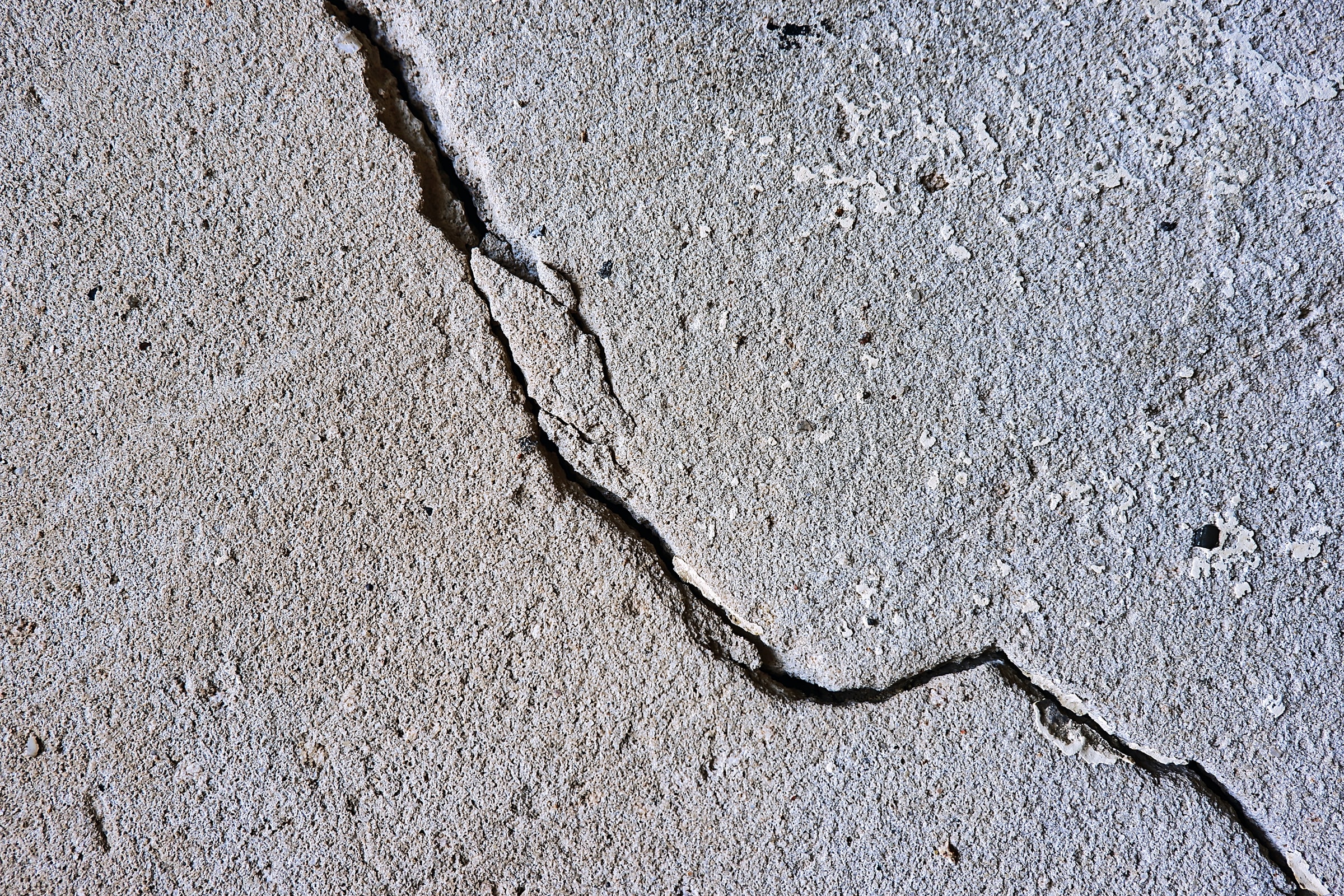
MANILA – The Philippine Institute of Volcanology and Seismology (Phivolcs) has recorded 234 aftershocks as of 8 a.m. Wednesday, or within 24 hours since the magnitude 6.6 quake jolted Masbate.
Phivolcs Director Renato Solidum Jr, said these aftershocks range from magnitudes 1.6 to 5.2.
On Tuesday, a magnitude 6.6 earthquake jolted the province of Masbate, with the epicenter recorded 7 kilometers southeast of the municipality of Cataingan.
According to Solidum, this earthquake was caused by the movement of the Masbate segment of the Philippine Fault Zone.
“Small to moderate earthquakes have been recorded along the fault in Masbate segment, but the last strong earthquake along the fault, with a magnitude 6.2, happened on Feb. 15, 2003,” he noted, adding that small to medium earthquakes are those below magnitude 6.
Solidum said the public needs to be prepared for the occurrence of strong earthquakes, emphasizing that it could happen even during the coronavirus disease 2019 (Covid-19) pandemic.
“We need to prepare our houses, buildings, our organizations, communities, families and ourselves, for earthquake events, and consider Covid-19 mitigation measures when we have to evacuate and respond after an earthquake, he told the Philippine News Agency in an interview.
He added that earthquakes highlight the importance of ensuring building and infrastructure resistance to shaking. Key factors are the right design given hazards of an area, right materials and right workmanship.
“The magnitude 6.6 Masbate earthquake caused destructive ground shaking of Intensity VII in Cataingan, resulting in damages to houses and buildings, roads and other transport systems like bridges and wharf; subsidence of ground due to compaction of sediments related to liquefaction during shaking,” Solidum said.
He said that Phivolcs would monitor and see whether this earthquake has an effect on active volcanoes within the vicinity of Masbate.
“Mayon and Bulusan (volcanoes) are in abnormal level (alert level 1) prior to the earthquake,” he said.